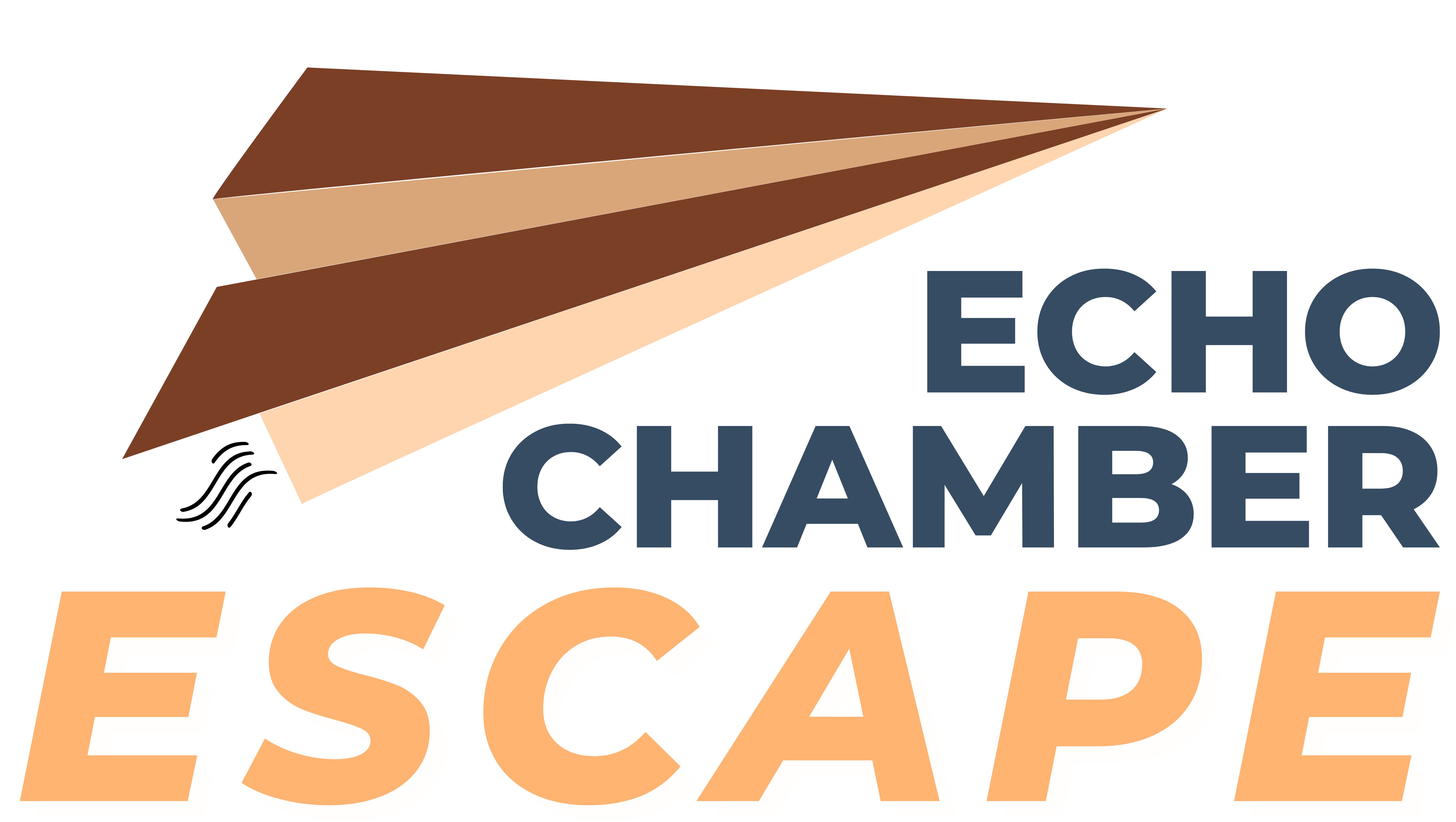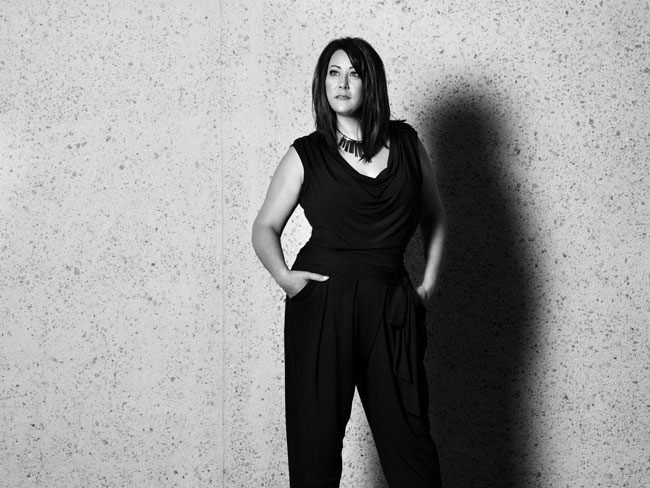Michelle Duong is the Growth Marketing Manager for OurHerd, a storytelling app for young people, powered batyr, a for-purpose preventative mental health organisation. With the exponential rise in mental health illnesses due to the pandemic, this is a project that is needed for young people, more than ever. Here’s the story!
Can you tell our readers what a normal day looks like for Michelle Duong?
The day starts early for me, regardless of what day of the week it is or what I may have on. First is some kind of physical exercise; a walk, yoga or a class at the gym. I find that by setting the intention, showing up and doing it sets me up for the rest of the day. I don’t find the motivation everyday, but I notice the benefits most when I show up on the days I least want to.
Since the shift towards working from home, I’ve been consciously – with the guidance of my psychologist – looking at each day as if it was a sandwich, building it with certain ‘ingredients’ that mark the morning, noon and evening. Without the need to rush into the office, I enjoy the first couple hours in the day for myself; a coffee on the balcony, a walk with the dog, a podcast, a tidy around the apartment or sometimes just sitting and taking a moment to be with my thoughts. These seemingly unremarkable activities form the first part of my “day sandwich” and are arguably my most important and energising. In addition to building a strong morning foundation, I try to take a physical and mental break at lunch by moving away from my workspace and signify the end of work by closing out the sandwich with another walk. I credit these small rituals for helping me to adjust to the challenges of going into lockdown, but even as restrictions begin to lift, I strongly see the value in holding onto them and the mental clarity they bring.
How important is diversity to you and in the work that you do?
I recently joined an extraordinary for-purpose mental health organisation called batyr, which aims to smash the stigma surrounding mental health by promoting positive conversations and sharing lived experience stories. As an organisation created by young people for young people, we ensure that the youth voice is represented at all levels of decision-making, including establishing a National Youth Advisory group, which is made of young people who reflect diverse communities and help guide our strategic direction, and appointing 21-year old Bella Cini as a Board Director, creating a powerful channel between batyr’s board and the collective voices of young people in our community.
As part of batyr’s commitment to diversity and inclusion, we design tailored workshops for communities including LGBTQIA+, Regional, International Students, NEET and Males and are proud to collaborate on projects like the Orygen University Mental Health Framework, International Student Welfare Program, MYAN (Mental Health and Multicultural Young People) Sector Forum and National Headspace evaluation.
In my role, I’m responsible for the growth and marketing of our new digital storytelling app called OurHerd. The purpose of the platform is to support young people to create change by sharing stories. It’s a safe space, designed to support young people in finding their voices, whilst being a positive environment where people with different views, cultures, experiences and beliefs can feel welcomed, heard and valued. Excitingly, OurHerd is uniquely positioned to leverage digital technology to give young people the opportunity for their voices to be heard, be deeply understood and to inform the decisions that affect them by capturing valuable lived experience insights. The platform uses the power of digital to further bridge the gap between geography, culture and gender. The nature of this work can be challenging but it’s incredibly rewarding. Every single story shared gives you something to admire, learn from and reflect on.
Have you ever faced challenges in your professional career from others because of your identity and if so, how were you able to overcome that?
I count myself lucky to have worked for some great organisations who have generally aligned with my personal values and respected my multicultural identity. Whilst I haven’t been the victim of discrimination directly, I’m acutely aware of differing experiences amongst my peers. As a second generation Australian or “ABC” (Australian-born Chinese), the majority of my childhood and adolescent years were spent trying to navigate the intersection of two worlds; the expectation to embrace and celebrate my parents’ traditional Chinese culture at home, whilst fighting to find my place in mainstream Australian culture at school. There was always a noticeable disconnect in the treatment of the ABCs like me, who spoke English without an accent, dressed like the ‘white’ kids and whose lunch bag occasionally included an unfamiliar snack but, generally nothing enough to cause harm. I seemed to be able to just fly under the radar, whilst my newly-arrived Asian migrant friends weren’t afforded the same luxury. I wasn’t treated differently or badly per se… I just felt a bit invisible and to be honest, I was okay with that at the time.
Whilst many of those moments took place well before I joined the workforce, the sense of uncertainty and discomfort permeates stubbornly through to this day. Although I don’t let them define my interactions, I can’t quite shake them off either. It’s something I’m still working on for myself and my confidence.
ADVICE FOR THE YOUTH
Lean on the people you know, and don’t underestimate the power of your relationships. It can feel overwhelming and scary to consider yourself the odd one out amongst so many others who seemingly have the benefit of the majority. It’s a lot easier to focus on the collective negatives; sometimes it can completely consume your thoughts and make you feel paralysed. In these moments, I would encourage you to sit down and simply make a list of all the people you’ve come across in your life – friends, relatives, neighbours, teachers, support workers, bosses or colleagues – the chances are you’ll realise that despite feeling alone in your challenge, you actually have a network of people you can tap into.
They may not be the obvious person you think of to help you achieve your ambitions, but by asking for 10min of their time to share your goals with them, it gives you the opportunity to vocalise and own your intentions and who knows, they may even know someone who can support you in the next step forward or hear of an opportunity you wouldn’t have otherwise known about. Generally speaking, people get a kick out of helping others – even if it’s just giving someone their ear – I think there’s something called the ‘helper’s high’. Most people want to feel like their lives mean something and that they’re making a positive difference in the world, so whilst it might feel like too much to ask someone for their time, know that the other person will likely get something out of it too; good karma at the very least! And what’s the worst that could happen? They say “No, sorry I’m too busy right now”. No harm done. The benefits outweigh the downsides by a mile. So go on then, reconnect with your people. In fact, feel free to reach out to me. I’ve always got 10min to share.
I have to say a little thank you to Maria Chilcott, whose daughter I used to babysit, who was on my ‘list of people’ and who was kind enough to give me 10 minutes (plus more) of her time to share this incredibly valuable piece of advice that’s now with you.
Want to follow and support MICHELLE?
Learn more about the amazing work that batyr does here and check out the OurHerd app – and my story on it – here. I’m always happy to connect with like-minded people – you can find me on LinkedIn here.
About the diversity champion:
Michelle Duong is the Growth Marketing Manager for OurHerd, a storytelling app for young people, powered batyr, a for-purpose preventative mental health organisation. Michelle has experience across a range of industries but is most passionate about using her expertise to rally for the causes she believes in. When she’s not developing strategies to grow the OurHerd community, she’s hanging out with her 40kg foster-fail-dog, Sprocket, looking for ways to live more sustainably – most notably caring for her worm farm and Googling ‘how to DIY (insert everything)’ – and cooking up a storm to share a good meal with her friends and family.
Image description: Michelle is looking at the camera in front of a field wearing a black shirt with zebra prints
















